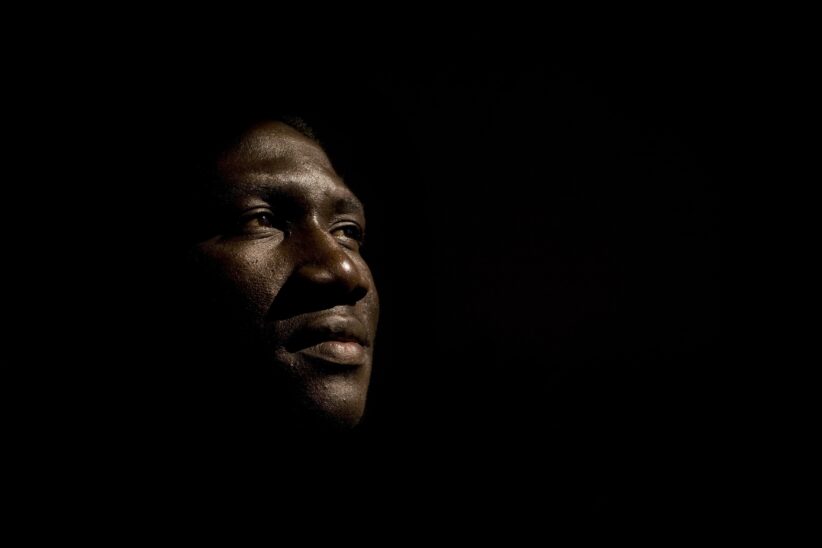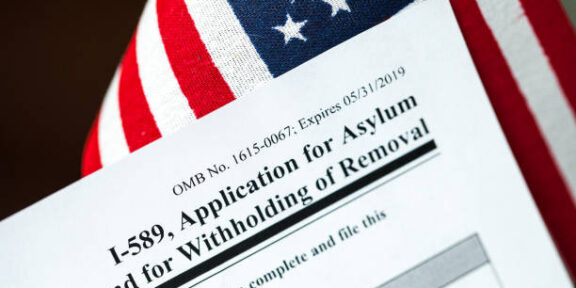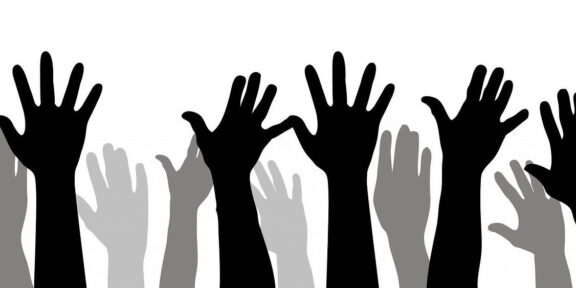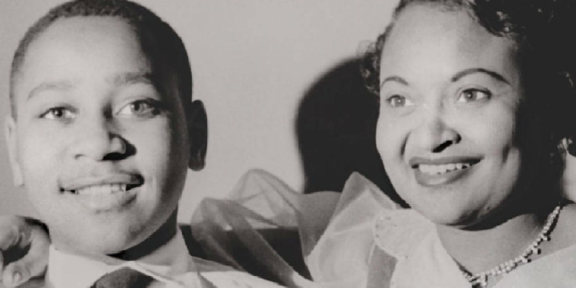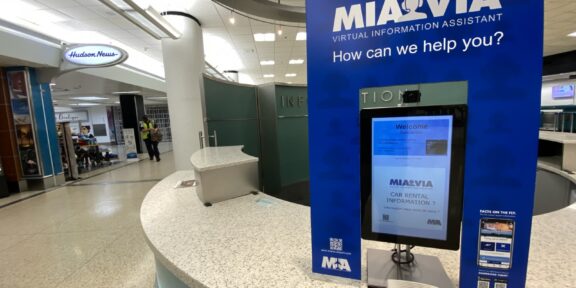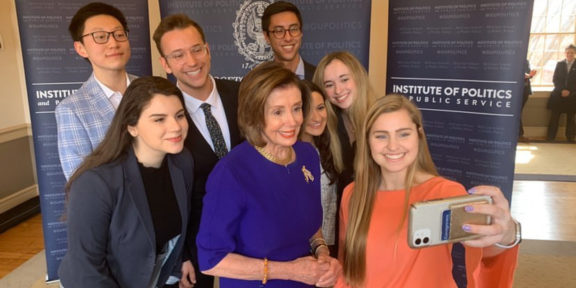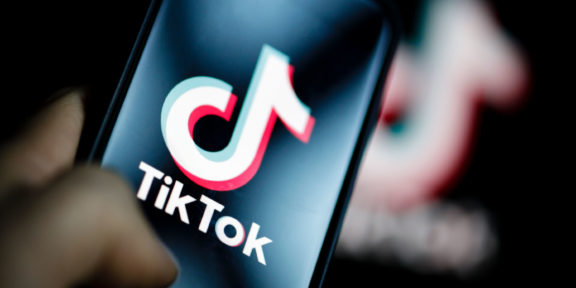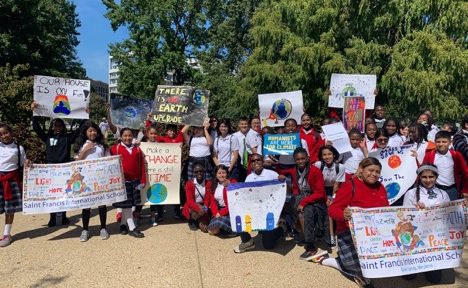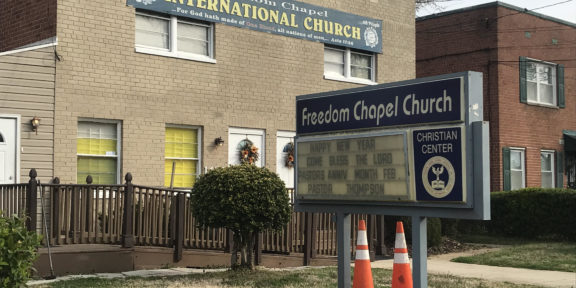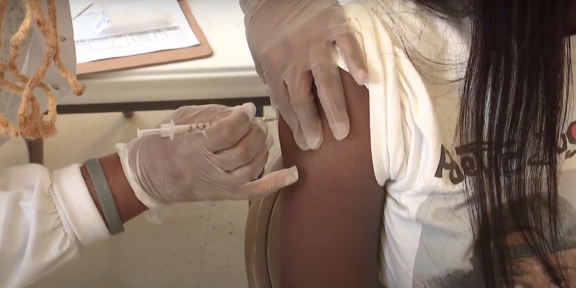Trevon Patterson, Reimagined Futures for Howard University News Service
Black men and mental health. Combined, these two topics are rarely addressed. Recent studies found that African American men suffer considerable mental tension because of discrimination, economic and social challenges, and racial inequality. But considering the mental anguish experienced by Black men, these same studies show that few Black men seek the mental health care they so desperately need. Reports convey that Black men avoid mental heath treatment due to shame, distrust of health care providers, and or lack of insurance that can offset the cost of such treatment. So, what can be done to help the Black man?
Let us begin breaking down the areas of opportunity that prevent Black men from getting the care they deserve, and so desperately need. The shame associated with therapy is, in most cases, considered “weak” by Black men. Research has provided evidence that Black men grow up in homes where masculinity is accentuated, and they are not urged to discuss about their feelings or emotions. Because of this, the way many Black men respond to their feelings is considered unhealthy. Little do Black men realize is that there is power in discussing and owning emotions, as well as recognizing and admitting vulnerabilities.
The toxic perception of what masculinity is, and means, has been played out for generations and has stifled Black men. It has prevented them properly processing and expressing their feelings, sometime resulting in horrible actions, or reactions. These feelings generally result in isolation, anger, and resentment. More than likely, these feelings result in Black men shutting down. The ripple effect is how Black men interact in their personal and professional relationships. Many times, it is the individuals “around” the Black men that feel the brunt of the pain that he secretly holds to himself.
Many African Americans are extremely skeptical of medical professionals. Studies show that this skepticism began with The Tuskegee Experiment. To recap, this experiment began in 1932, was advertised to at least 600 African American men in Macon County, Alabama, who had never visited a physician, as a treatment for bad blood. This research was used to monitor and track the progression of syphilis, and no effective care was provided as many of the men died, went blind or experienced other serious sever health problems. Even with COVID-19 running rampant and disproportionately impacting minorities, Blacks are not certain that they will receive medical attention comparable to their White counterparts.
Health insurance coverage continues to haunt minority communities, especially Blacks. Because of high unemployment rates among Blacks, many African Americans are not eligible for company-sponsored health care packages. The education and economic gap contribute to the health insurance disparity between white and Blacks. Even those with health insurance coverage may not be aware of the benefit. In 2017, 10.6% of Blacks were uninsured, with 13.8% having fair or poor health. These figures impact 7 million people, all who consider themselves Black.
Other recent stories point to few Black, mental health care professionals as the reason many Black men do not seek medical attention in this area. There are few physicians that mirror Black men, and with that, Black men do not feel led or are uncomfortable sharing their issues. Black men have stated that they are not confident that White physicians can relate, and accurately diagnose, medication to assist with their mental health concerns. Blacks make up roughly 13% percent of the population. There are roughly about 41,000 psychiatrists in the United States. Only 2% of psychiatrists in the US are Black, based on information from the American Psychiatric Association.
Black psychiatrists are required now more than ever. Amid the COVID-19 pandemic, suicide rates have skyrocketed for numerous reasons. The murders of Black men on camera, for example George Floyd, are also impacting the mental state of Black Americans. According to the Census Bureau, anxiety and depression increased within the black community.
Substance abuse addictions have gained traction amongst Blacks in recent years and plays a substantial role in Black mental health. Substance abuse can be viewed as an “escape”. Or even deemed as a coping mechanism. Substance abuse is a very unhealthy strategy to deal with uncomfortable emotions. Substance abuse provides instant gratification and release, but has long-term, negative consequences.
NYPD officer Stephen Grant states, “Me being a cop, I see a lot of mental illness issues. For example, drugs, the area that I work in is Harlem. A lot of people utilize drugs to deal with their health issues. I arrested this guy that was clearly on drugs. And despite being able to, I could tell he wants to do good, but the drugs completely consumed him.”
For most attending school, especially during COVID has been by far the ultimate test one can even get through. For most students, college provides the escape from home and many students go away to college, expecting to experience a serenity from parents, family, high-school, that does not offer the confinement of an 8am – 3pm schedule, along with the pressures of homework and curfews. And although the number of Black men that enroll and graduate from college is disproportionate in comparison to the number of American that enroll and graduate from college, the expected “serenity escape” is still anticipated.
Cliff Johnson, a Black, male, college freshman, enrolled at Olney Central College, almost three hours from his hometown, states, “Attending college during COVID, is one of the hardest challenges I’ve encountered. Especially being an incoming freshman. COVID has deprived me of my first-year college experience. It also has left me to deal with my own self and traumas I didn’t even know existed within myself”.
Black men must begin the dialogue to get the help they need, to combat the mental health challenges they are faced with daily. Strong male leaders, those who are perceived to be high-status, need to begin the conversations that will convey that it is ok not to be ok. Actors and athletes should begin taking on the role in initiating these discussions. They should “come out” about their struggles to remain unsettled in unstable times. Black, male role models must not be ashamed of the times when they had thoughts that were contradictory to their social media posts. Black women are having the discussions. It is time for Black men to share their sentiments so that they can begin the proper, healing process.
Recently, several NFL athletes were featured on a podcast titled I Am Athlete. This episode was centered around Black men checking in on one another. It created a vulnerable space for brothers to vent and discuss things impacting them. This episode set the tone that the ice is slowly but surely cracking.
And it is understood that change will not happen overnight. The shift with black people being open and honest about their health issues is slowly but surely coming together. The talks must continue. Black men must identify someone with whom they can trust and relate to. They must seek out mentors that will allow healthy conversations to share ideas, assist with game plans and identify resources that empower Black men to become their most healthy and sane self.

